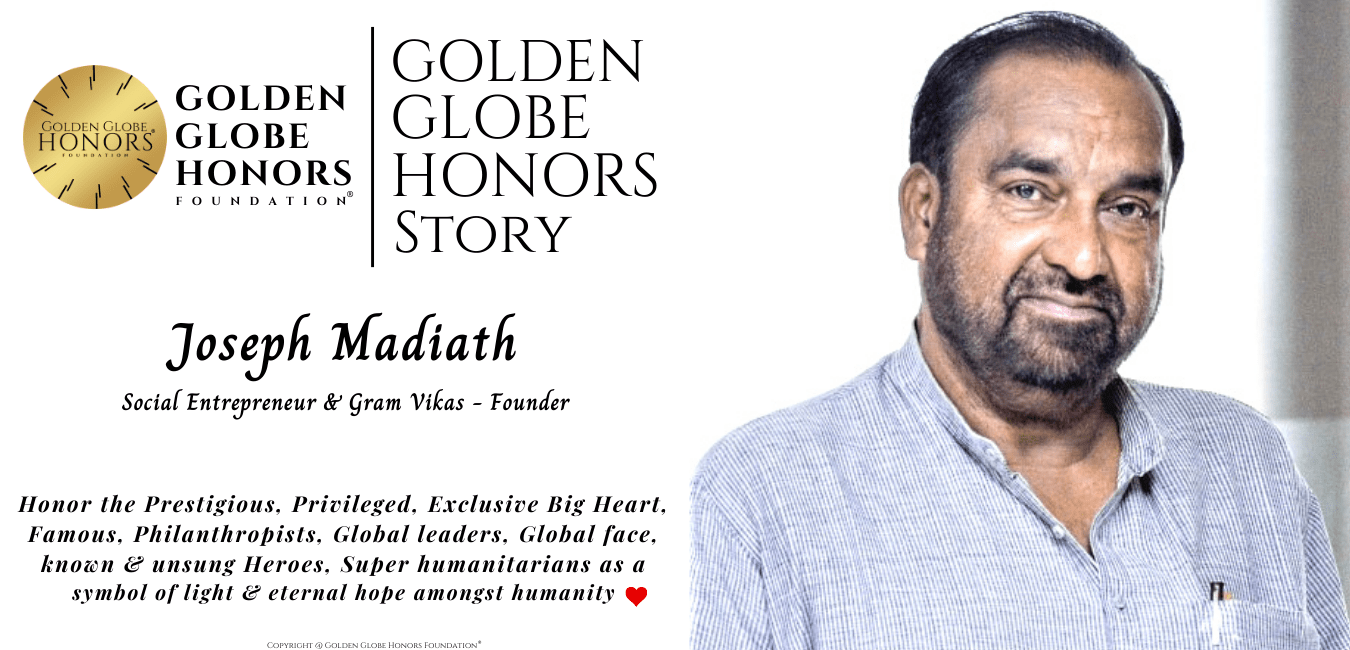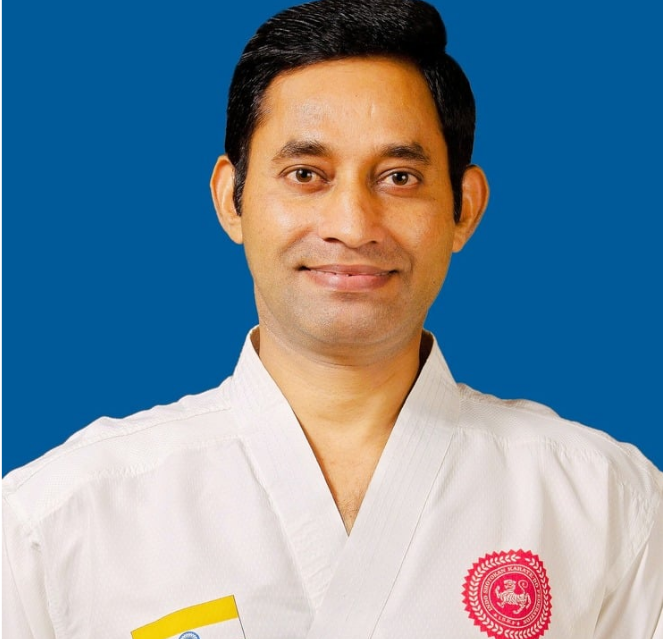Joseph Madiath

JOSEPH MADIATH aka Joe Madiath (born 3 December 1950) is an Indian social entrepreneur. He is the founder and former executive director of Gram Vikas, a non-governmental organisation based in Orissa, India. Gram Vikas uses common concerns for water and sanitation to unite and empower rural communities, including Adivasi communities.
Since 1979, with Joe Madiath serving as Executive Director, Gram Vikas has worked mostly with Adivasi communities in rural Orissa on a number of development projects, including biogas promotion, community forestry, rural habitat development, and education. The bulk of Gram Vikas efforts have been on water and sanitation solutions for the rural poor of Orissa.
Gram Vikas uses the “universally important needs of drinking water and sanitation” to bring villagers together and realize how collective action can lead to gains for the community. The fundamentals of Gram Vikas approach are 100% participation from all villagers, with “clearly defined stakes and mechanisms for institutional and financial sustainability.
Joe focused on water and sanitation as the entry point in the village development work, partnering with village communities to regenerate thousands of hectares of “wasteland,” eliminating open defecation, significantly reducing waterborne disease incidences, building disaster-proof houses, enabling thousands of women to lead village institutions, educate hundreds of girls, and more. By 2018, Gram Vikas has reached 83,000 households with water and sanitation services mainly in Orissa, but also in Jharkhand, Madhya Pradesh, and Andhra Pradesh.
Joe Madiath and Gram Vikas have been mentioned in the book Poor Economics by Abhijit Banerjee and Esther Duflo, two of the 2019 Nobel laureates in Economics. They quote him to be a man with a self-deprecating sense of humor who attends the annual meeting of the world’s rich and powerful at the World Economic Forum in Davos, Switzerland, in outfits made from homespun cotton.
Gram Vikas has extended its work in other areas such as infrastructure, housing, and now energy conservation. And that brings us to its second link with the Nobel Prize in chemistry this year, won by John B. Goodenough (The University of Texas at Austin, USA), M. Stanley Whittingham (Binghamton University, State University of New York, USA), and Akira Yoshino (Asahi Kasei Corporation, Tokyo, Japan and Meijo University, Nagoya, Japan) for developing the Lithium-ion battery.
It is this technology that Madiath is using to implement a massive electrification program in nine locations throughout the Kalahandi district of Odisha. His team is currently hard at work in the Maligaon village, where a solar micro-grid was set up in 2009 but stopped working within a few years.
Madiath, who has been in touch with the scientists who won this year's Nobel in Chemistry, is on his way to yet another historical first in the country: preserving electricity in a solar grid with lithium-ion batteries.






